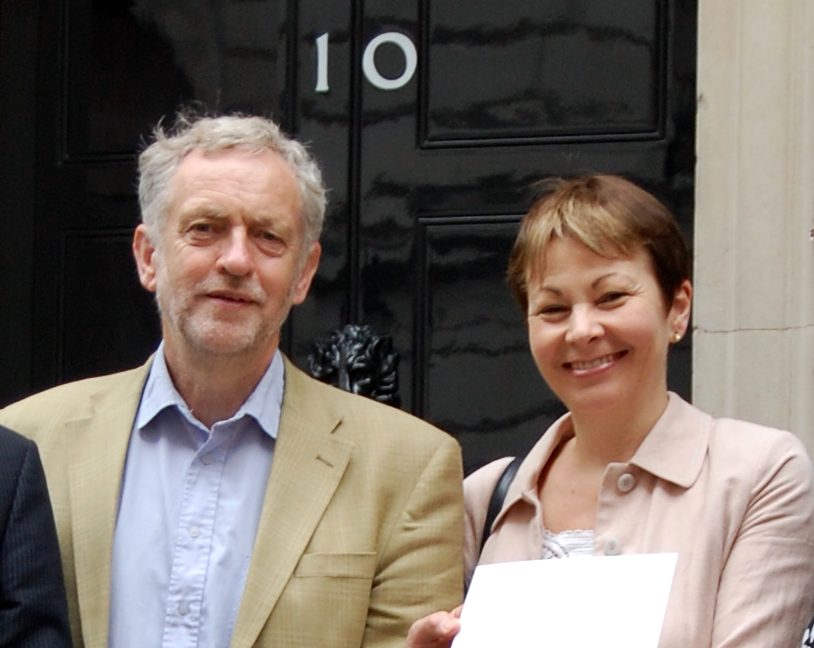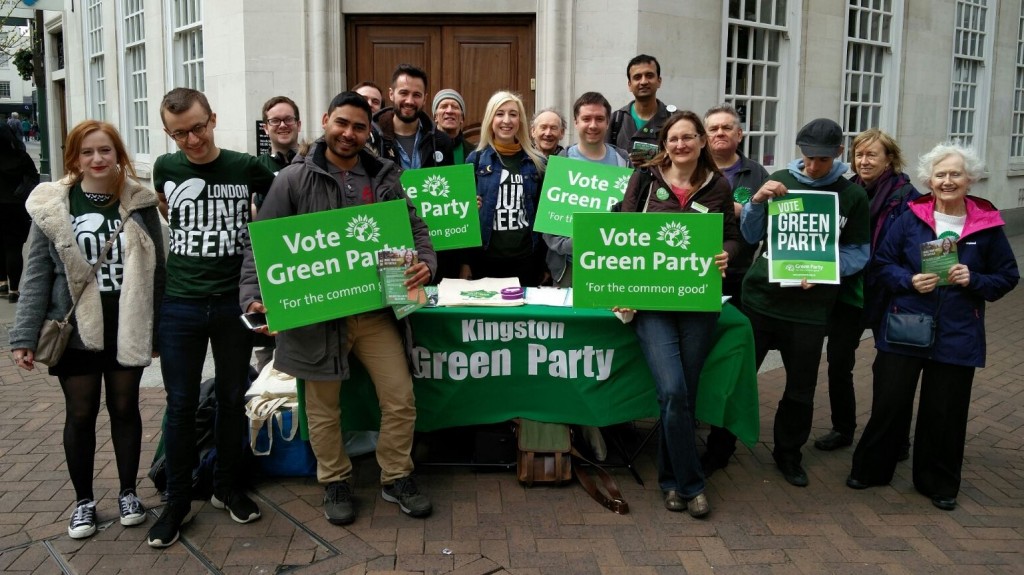The Dependency Paradox
Personal responsibility is a recurring theme in Conservative rhetoric, although they tend to use the more down-to-earth expression of “doing the right thing”. David Cameron and Iain Duncan Smith in particular like to use this to block any criticism of the proposed reforms to the benefits system and public sector pensions. Instead, they champion a set of values that have been accepted by the middle class for decades, and to which we are all meant to aspire. Mortgages, private pension funds, insurance for disability or serious illness; anything to ensure that we place minimal burden on the state throughout our lives, because, as they claim, it’s important for us to be independent. For the social, moral, and financial good of the nation, we all need to stand on our own two feet.
The obvious problem with this is that not everyone can afford to buy a house, and many don’t have spare money to put by for their retirement. For much of the population, the Tories’ advice sounds like nothing more than “be rich” – advice which many would love to follow, if it were only that simple. However, there is a more subtle problem with this doctrine, and that is the way in which it defines “independence”. Cameron encourages us to be independent from the state at all costs, but in doing so he is only encouraging a more dangerous form of dependence: dependence on financial institutions.
Paradoxically, it is the credit crunch – a crisis caused by financial institutions and the failure of various governments to regulate them properly – which is being used to nudge us towards this illusion of self-reliance. As the austerity agenda threatens the state’s mechanisms for supporting the unemployed, disabled or elderly, the government’s response is that we should all try to protect ourselves from a meagre existence on benefits by handing more of our money to banks and insurers. Unfortunately this doesn’t really give you security; it just binds your fate even more closely to that of the stock market, and to a company who will put their profits before your welfare. If today’s 20- and 30-somethings continue to buy into this myth of the need to provide for ourselves through the private sector, then we will end up being another generation who cannot afford to let the banks fail, guaranteed to dig deep when they come looking for their next bailout.
And while we turn a blind eye to the excesses of the industry that we have entrusted with our own financial security, investment bankers will continue to undermine the living standards of the world’s poorest people. The Tories urge us to become more “socially responsible” by saving for our old age, but in doing so we are propping up some of the least ethical institutions on the planet. When we criticise City traders for using food and currency speculation to line their own pockets, we must remember that many of us will also profit, albeit on a smaller scale, in the form of pensions and insurance payouts. In their crusade against the culture of dependency, this is what the government are encouraging us to depend upon instead.
However hard neoliberals try to convince us otherwise, self-sufficiency just doesn’t come naturally to humans. We are born into a state of complete dependence on others, and many of us will return to dependency before we die; it is a natural part of our lives and of our communities. Rather than independent, we are interdependent, and this is something we have to remember when considering how to provide for everyone in society, because false individualism is not the answer.




Hi Douglas
You’re right, I didn’t address those issues, because I wanted to talk about something very specific in the blog post. But I’m willing to get into the subject of unemployment, and unemployment-by-choice, here
Somebody’s got to be unemployed, haven’t they? I mean that in all seriousness, because since about the 1970s we’ve had a problem with high structural unemployment, where it has become entirely normal for the working/jobseeking adults to outnumber jobs by a few million. We couldn’t have full employment even if we wanted it, and successive governments have stopped trying to do anything about it other than telling the unemployed to try harder at getting jobs which don’t exist.
The unemployed are used as one half of a stick and carrot approach to keep other people in low-paid work, and the only way that this can work is if the unemployed are suitably demonised by politicians and the media (for example, with very selective reporting about disability benefit fraud, where a few cases of obvious dishonesty are publicised without the the information that less than 1% of claims are fraudulent, making it seem as if higher proportion of claimants are receiving more than they should). Since many people in minimum wage jobs live in similar poverty to those who don’t work, the incentive to keep turning up to work has to be created another way, and that’s by attaching fear and stigma to unemployment. This fear is manufactured to keep wages and working conditions at the lowest levels possible, so that profits are maximised for those at the top.
This also provides a convenient distraction from the real problem, which is the people at the top of the income scale who choose not to work. Those who are already rich can make money through investments, some of which can actually be damaging to the productive economy, or have a negative effect on the lives of others. Anger at the feckless and idle could be much better used if it was focussed on someone other than the poorest in our society.
You have raised an interesting point but have perhaps failed to cover how we can manage the varying levels of reliance on other people.
There are those that who work because they are lucky or are born to get given it (left wing narrative beliefs – hard work has no correlation to actual employment does it?) and found a job. There are those who are trying to find work. There are those who, through no fault of their own, cannot work. And there are those who have no intention of working.
How do you address the negative feelings of those in the three former categories towards those in the last?
Thanks. There isn’t much else to say since we agree on this, but it’s nice to know that I’m not shouting into the void.
Your last paragraph pretty much sums it up. There is no such thing as a totally independent human being — and shifting our finances away from state systems and towards private pensions and the like is not making us more “independent” as a society, just shifting our dependence to the much more unstable, inconsistent and duplicitous teat of the stock market.